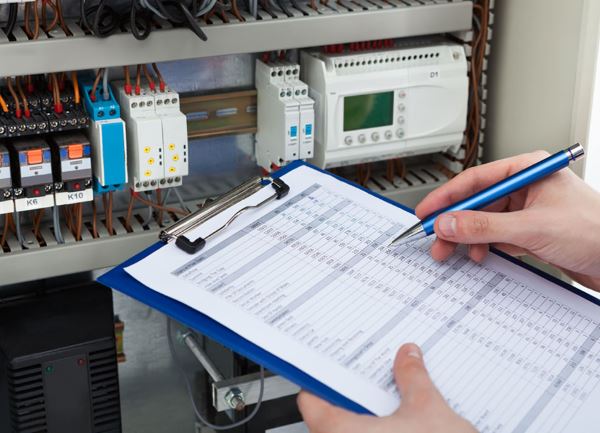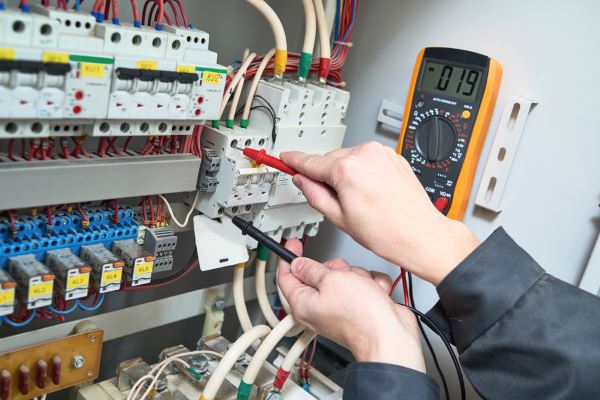In July 2018, government consultation concluded that landlords would be subject to 5-year safety checks on all supplied electrical equipment in any residential property they rent. In January 2019, this measure was further clarified that personnel due to carry out such checks should be properly certified. There is still no timeframe for implementation, but Parliamentary time will be dedicated to the measures throughout 2019 on a phased basis.

Adopting Scottish Regulations
Few details have been released yet on the nature of the new legislation, but observers feel it is likely to strongly emulate current legislation in Scotland. Housing is one of many devolved issues. The main reason for adhering closely to the situation north of the border is to provide consistency across the UK in housing regulation, especially for property owners who might own property in England & Wales, and in Scotland.
Before legislation comes to pass, new guidance will be issued to property owners. It is hoped that voluntary compliance way before legislation and before compliance deadline are in place, will ensure minimal disruption.
How It Will Happen
Any change to legislation going through Parliament (and support is strong enough to suggest it will go through largely unopposed) will come in phases. Penalties will not be revealed until the just before the second phase of legislation. It will set down criteria for local authorities to act with discretion on enacting powers. This phase is expected to seek opinions of local authorities before outlining measures and powers. It will also apply only to the private rented sector. Social housing will come under different legislation through the Green Paper.
What Will Be Required of Property Owners:
- There will be a duty to ensure that electrical equipment supplied as part of the property’s rental agreement is inspected regularly – every five years is expected to be the standard
- Ensure that hired inspectors are qualified and legally certified to do so – proper guidance will be issued in due course for determining who is and is not legally permitted
There will be hefty financial penalties for non-compliance, both in the regular schedule for electrical testing, and in not doing so in a proper and legal manner. Maximum fines could be as high as £30,000 and banning orders.

Electrical Safety Also Benefits Landlords
The primary concern is, of course, the rights of tenants to feel safe and secure in their homes. But early compliance will also benefit landlords. With regular safety checks come a safer environment with a lower fire risk. That means lower insurance premiums for both property owners and the building’s inhabitants.
Where landlords are looking to comply early and beat the legislation, there are already organisations around the country with qualified and experienced electrical safety inspectors. For further details, check the NICEIC website who is one of those regulatory bodies.